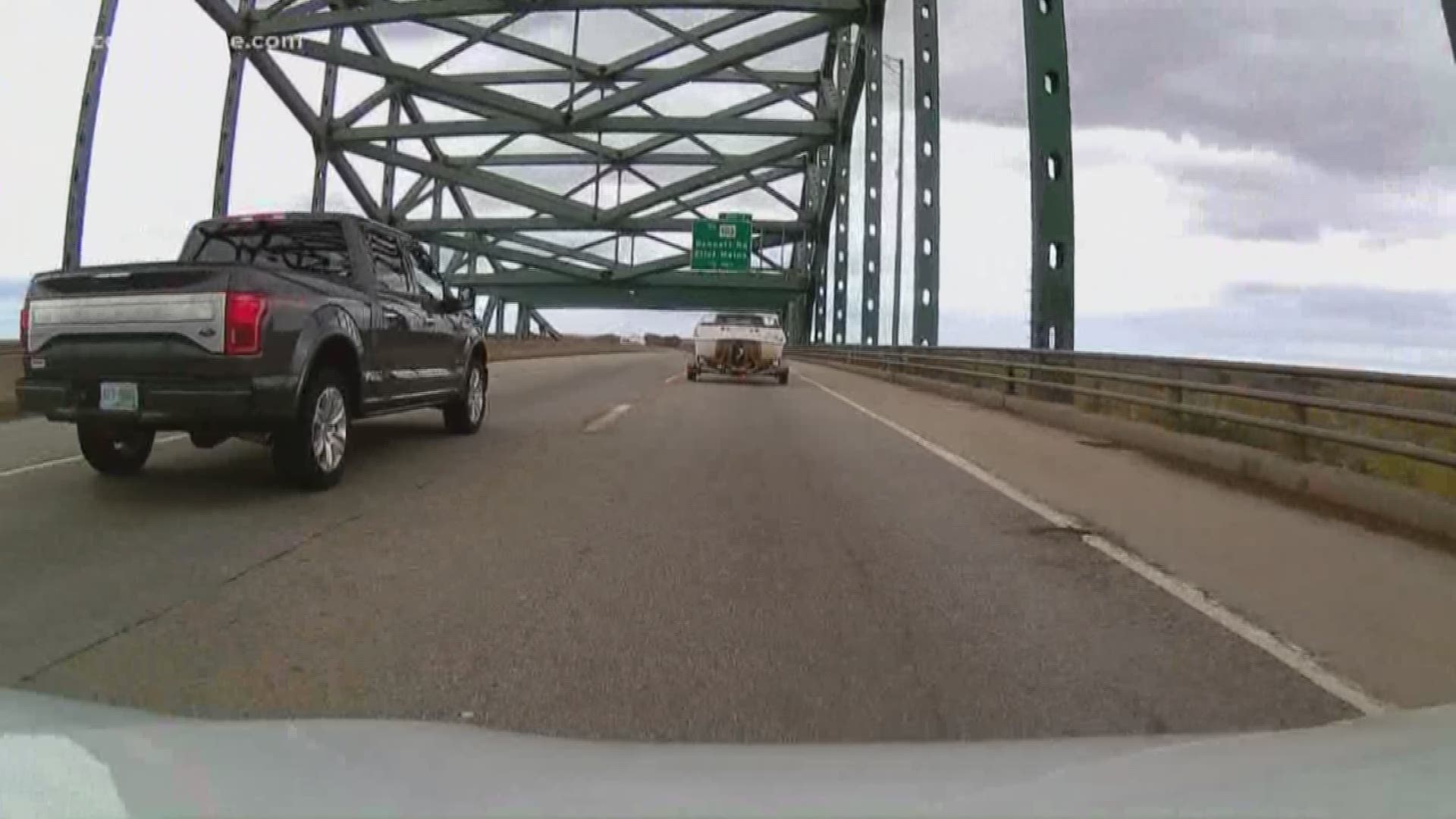WINDHAM, Maine — Summer is the deadliest time on the roads for teen drivers. That's according to research from the AAA Foundation. Drinking and driving, speeding, and distraction are the factors to blame.
One teen driver is sharing some words of advice for not just her peers, but anyone behind the wheel.
"It can be super tempting sometimes I just want to look over and see who it is," said 16 year-old Julia McKenna. "It's just not worth it."
She keeps her phone in the center console every time she gets behind the wheel.
"It's a temptation and you just have to put it somewhere where you can't get to it or turn it off so you can't hear it," said Dana McKenna, Julia's mom.
Dana says it can be a little stressful handing the keys to her kids. Julia is her second child to get a driver's license.
"She's doing a great job," she said.
However new numbers from AAA show, not all teens are like Julia.
"Teens are making mistakes, they're making some bad decisions out there," said Pat Moody of AAA Northern New England.
And the consequences are deadly. In the last five years, according to the AAA Foundation, crashes involving teen drivers claimed the lives of nearly 3,500 people.
"We do naturalistic research where we take video footage from inside the vehicle where we can see out the window and back inside the car and we can see exactly what happens in the seconds leading up to a crash," he said.
Because more teens are out of school and on the roads in the summertime and the number of teen crashes increases, the days between Memorial Day and Labor day are called the "100 deadliest days."
But there are things you can do as driver or the parent of a young driver.
"Do not disturb while driving," said Moody.
That setting is available on your phone and it automatically responds to texts for you. And parents can set ground rules.
For Dana McKenna, that means protecting her daughter.
"These are our curfews, these are our rules, make it very clear everyone understands it," she said. "And then stick to them, if you don't it's like anything else. They're just going to say 'well it happened this time so it will be OK the next time.'"
According to that newly released crash data from AAA from 2013 to 2017, 9% of deadly teen crashes are related to distraction, 17% drinking and driving, and 28% speeding.

